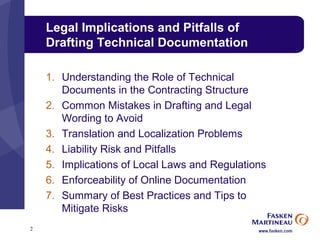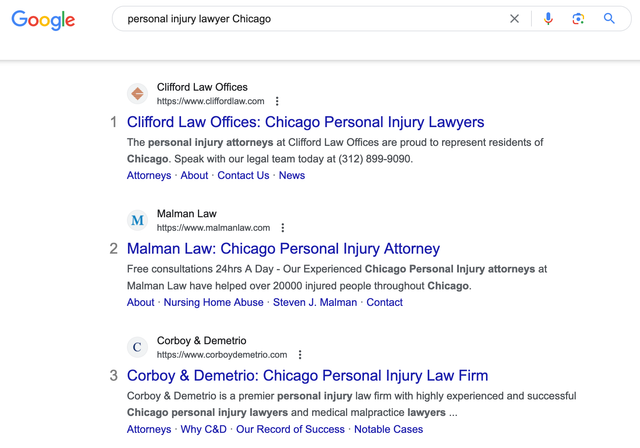
Business Litigation Resolution: Effective Tips for Success

Understanding the Dynamics of Business Litigation
Business litigation is a complex legal process that can pose significant challenges for companies. Resolving these disputes efficiently and effectively requires a strategic approach. Let’s explore some valuable tips for successful business litigation resolution.
Early Case Assessment for Strategic Planning
Early case assessment is a critical first step in business litigation resolution. It involves a thorough evaluation of the case’s strengths, weaknesses, and potential outcomes. This assessment forms the basis for strategic planning, helping legal teams make informed decisions and set realistic expectations for the resolution process.
Prioritizing Alternative Dispute Resolution (ADR) Methods
Alternative dispute resolution methods, such as mediation or arbitration, offer viable alternatives to traditional litigation. These approaches can be more time and cost-effective, allowing parties to negotiate and reach resolutions outside the courtroom. Prioritizing ADR methods promotes a cooperative atmosphere and may lead to faster resolutions.
Clear Communication and Documentation
Effective communication is key in business litigation resolution. Ensure that all communication, whether written or verbal, is clear, concise, and professional. Thoroughly document all interactions, decisions, and agreements to create a comprehensive record of the dispute resolution process. Clear documentation can prove invaluable in later stages of the litigation.
Collaborative Approach with Legal Counsel
Collaboration between business owners and their legal counsel is crucial throughout the resolution process. Open and transparent communication allows legal teams to understand the intricacies of the business, enabling them to tailor strategies that align with the company’s goals. A collaborative approach fosters a strong attorney-client relationship, enhancing the overall resolution experience.
Strategic Use of Negotiation Techniques
Negotiation is a fundamental aspect of business litigation resolution. Successful negotiation involves a strategic approach, understanding the interests of both parties, and finding common ground for resolution. Legal teams should employ effective negotiation techniques to achieve favorable outcomes for their clients.
Adapting to Changing Circumstances
Business litigation is dynamic, and circumstances may change during the resolution process. Legal teams must remain adaptable and ready to reassess strategies as needed. Being proactive in addressing new developments ensures that the chosen resolution path remains effective and aligned with the evolving needs of the case.
Leveraging Technology for Efficiency
In the digital age, technology can significantly enhance the efficiency of business litigation resolution. Utilize case management software, e-discovery tools, and virtual communication platforms to streamline processes and keep the resolution on track. Technology integration can contribute to cost savings and increased productivity.
Valuing Timely Resolution for Business Continuity
Timely resolution is paramount for businesses seeking to minimize disruptions and maintain continuity. Delays in the resolution process can have financial implications and strain relationships. Prioritize strategies that aim for a swift and efficient resolution to support the ongoing operations of the business.
Compliance with Legal and Regulatory Standards
Businesses must ensure that their litigation resolution strategies comply with relevant legal and regulatory standards. Legal teams should stay informed about any changes in laws that may impact the resolution process. Compliance not only mitigates legal risks but also upholds the integrity of the resolution outcomes.
Business Litigation Resolution Tips
For comprehensive insights into effective business litigation resolution tips and valuable guidance, visit HighPointFamilyLaw.com. Explore resources that can further enhance your understanding of successful implementation, ensuring your business is well-equipped to navigate litigation challenges.
In conclusion, successful business litigation resolution requires a combination of strategic planning, effective communication, and adaptability. By prioritizing early case assessment, alternative dispute resolution methods, and a collaborative approach with legal counsel, businesses can navigate the complexities of litigation with confidence and achieve favorable outcomes.







